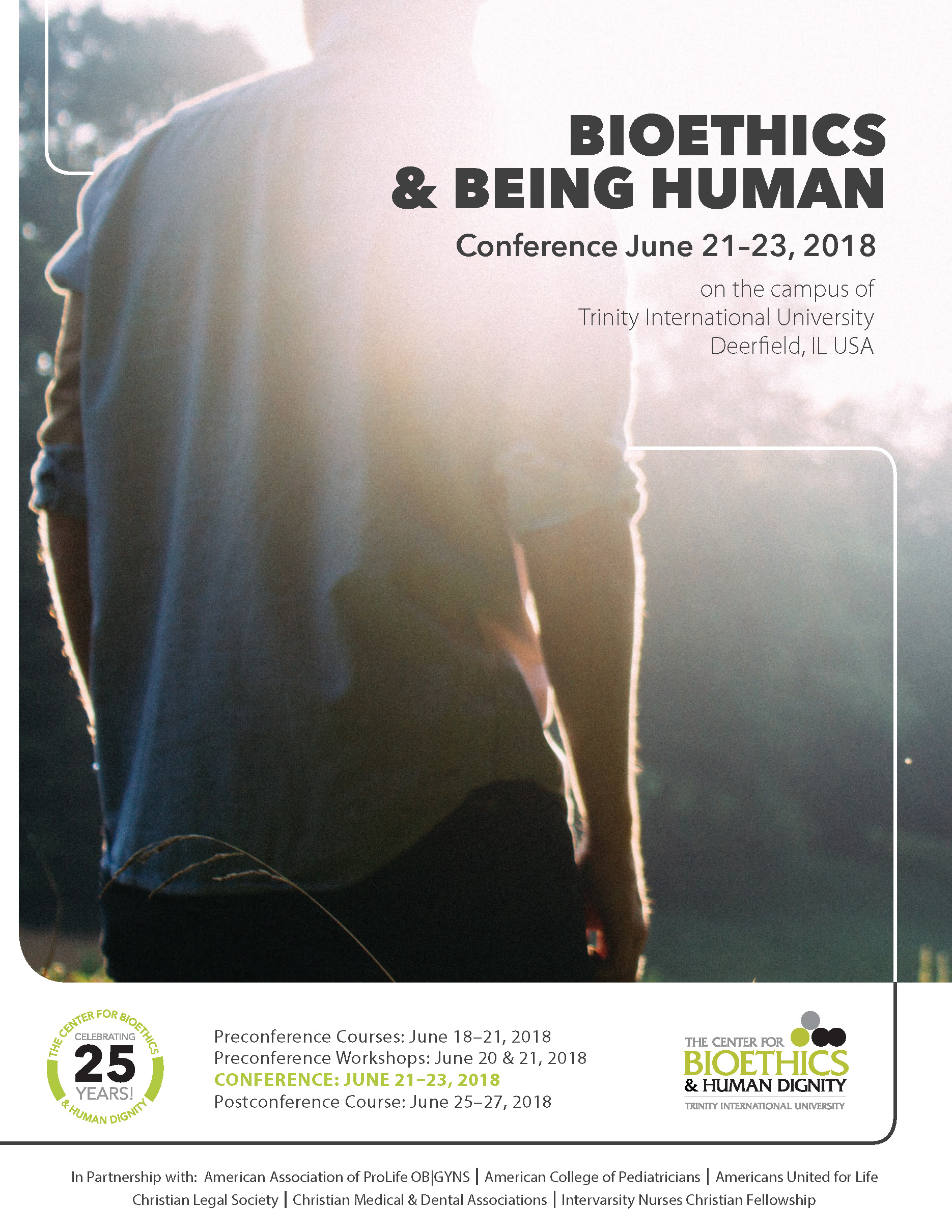
This paper seeks to bring together several lines of thought from different streams of my work to examine the interplay between CRISPR and a Christian theology of the human person: (1) All human persons have the sort of serious moral status from the moment of their biological beginning until the moment of their biological end; (2) Christian bioethics is full of surprises, but some of the best Christian arguments against genetic engineering are unpersuasive; and (3) Genetic origin essentialism, widely assumed to be true, is probably false. Having previously written about, and been challenged on, the implications of genetic technology to erode the metaphysical distinctions between human and nonhuman organisms, and just as a previous paper applied “theological realism” from the incarnation to a bioethical/philosophical problem involving chimeras, this paper involves applying the incarnation to two surprising areas: (1) What does the incarnation suggest about genetics and its relationship to the category of being human? and (2) What does the incarnation suggest about CRISPR and its relationship to the boundaries of being human? I plan to reverse, or at least significantly qualify, some of my earlier published conclusions about a few things.